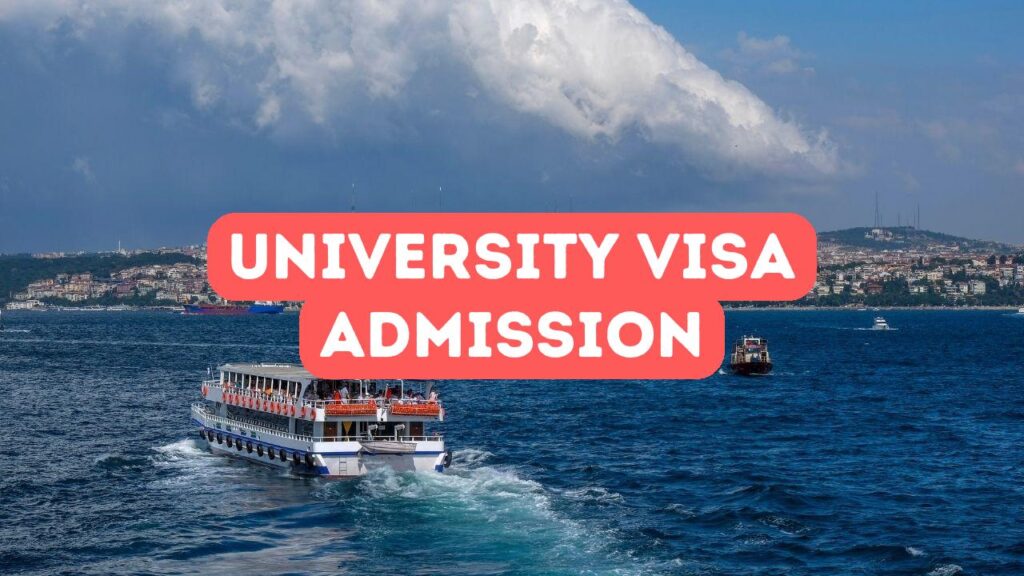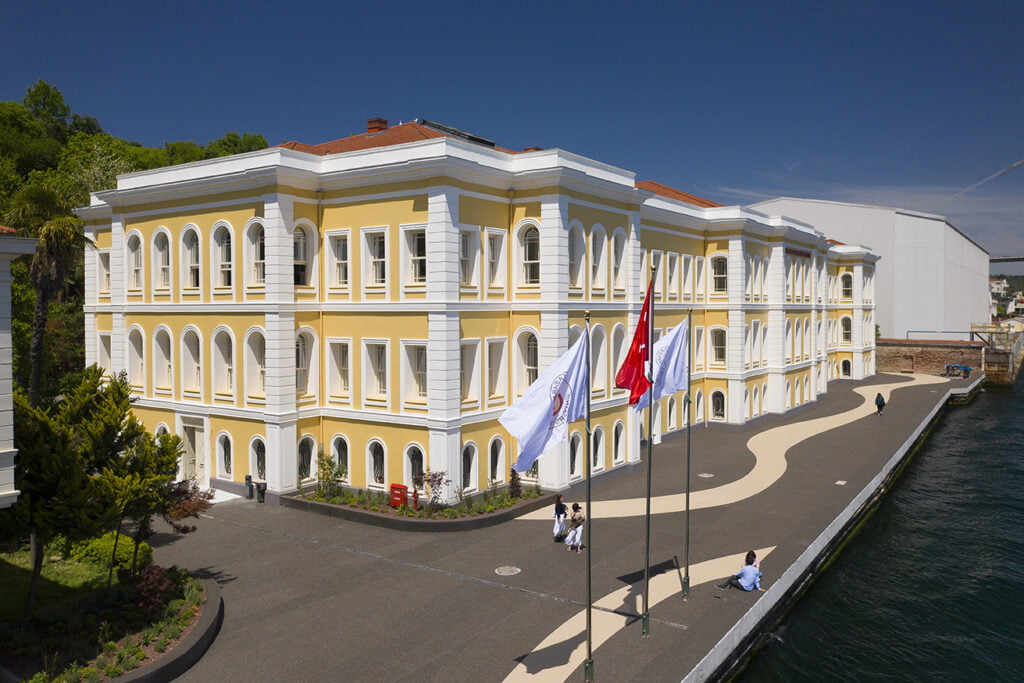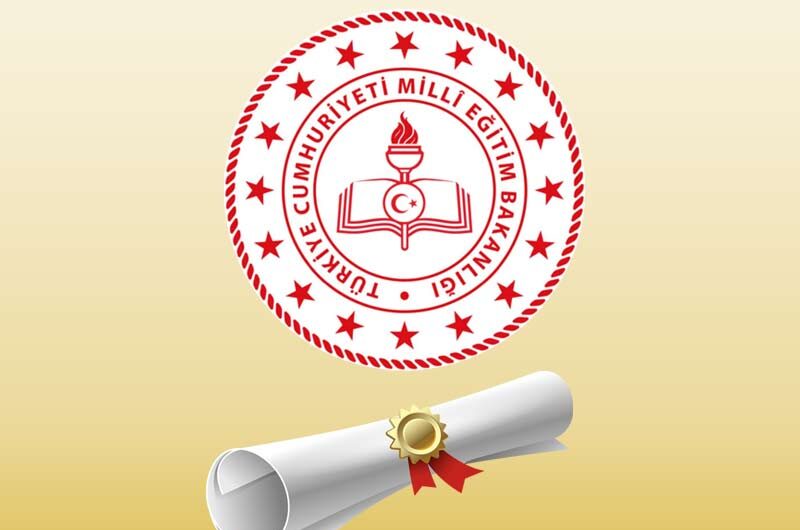Navigating the complexities of obtaining a university visa can be a daunting task for prospective international students. At Campus Turquie, we understand that securing a visa is a critical step towards turning your academic aspirations into reality. As experts in education consulting, we are committed to making the visa application process as seamless as possible. This blog post will provide you with essential information about university visa admissions in Turkey, including requirements, step-by-step procedures, and valuable tips to enhance your chances of success. By the end, you will be well-equipped with the knowledge needed to embark on your educational journey with confidence, ensuring that you can focus on what truly matters—achieving your academic goals in one of the world’s most culturally rich and historically significant countries.
Application Requirements and Deadlines
Understanding the application requirements and deadlines is crucial to ensure a smooth and timely university visa admission process. In Turkey, the primary documents needed include a completed visa application form, an acceptance letter from a Turkish university, proof of financial means to support yourself during your studies, a valid passport, and recent passport-sized photographs. It’s also important to note that some universities may require additional documents such as a motivation letter, letters of recommendation, or proof of proficiency in the Turkish or English language, depending on the program. Deadlines for visa applications can vary, but it is generally advisable to apply at least three months prior to your planned start date to accommodate for any potential delays in processing. Properly adhering to these requirements and deadlines can greatly enhance your chances of securing a university visa without unnecessary stress.
In addition to ensuring all your documents are prepared and submitted on time, it’s equally important to understand the specifics of financial proof required for your visa application. Turkish authorities typically require evidence that you have sufficient funds to cover tuition fees, living expenses, and other related costs during your stay. This can be demonstrated through bank statements, scholarship letters, or sponsorship affidavits. Be sure to verify the amount stipulated by the Turkish government, as this can vary depending on the cost of living in the city where your university is located. Moreover, if you plan to work part-time during your studies to supplement your income, make sure to research the regulations around student employment in Turkey, as these may also impact your financial proof requirements. Understanding these nuances will not only streamline your application process but will also prepare you for a financially stable and focused academic experience in Turkey.
Finally, it is crucial to stay up-to-date with any changes or updates in visa regulations and university requirements. These can be influenced by various factors such as governmental policies, international relations, or changes in university administrative procedures. Subscribing to official sources like the Turkish embassy or consulate in your home country and following updates from the university can provide timely information and prevent any last-minute surprises. Utilizing the expertise of education consultants like Campus Turquie can provide an additional layer of security and assurance, navigating these complexities with ease. With thorough preparation, diligent adherence to guidelines, and leveraging expert advice, you will be well on your way to securing your university visa and embarking on your enriching educational journey in Turkey.
Navigating Visa Interviews Successfully
Navigating visa interviews successfully is a crucial aspect of your university visa application. Preparing thoroughly for the interview can significantly enhance your chances of approval. At Campus Turquie, we emphasize the importance of understanding the types of questions you might face, ranging from your academic background and future plans to your reasons for choosing Turkey as your study destination. Practicing your responses with a trusted advisor can help you articulate your intentions clearly and confidently. Additionally, having all necessary documentation organized and ready for presentation will demonstrate your preparedness and commitment, leaving a positive impression on the consular officer.
Furthermore, it is essential to display a genuine and well-researched interest in Turkey’s educational system and culture during your interview. Consular officers often look for applicants who have a clear understanding of how their chosen Turkish institution aligns with their academic and career goals. Expressing familiarity with the university’s programs, faculty, and any unique features that attracted you can set you apart from other candidates. Additionally, showing awareness of Turkey’s rich cultural and historical heritage will reflect your enthusiasm and readiness to adapt to life in a new country. By thoughtfully preparing to discuss why Turkey is a perfect fit for your studies, you demonstrate both your dedication and your ability to contribute positively to the academic community.
A positive attitude and calm demeanor are pivotal during your visa interview. Nervousness is natural, but maintaining composure will help you communicate more effectively. Remember that the consular officer’s aim is to understand your genuine intentions and to assess your credibility as a student. Being honest and transparent in your responses will work in your favor. Avoid memorized or overly rehearsed speeches; instead, focus on conversational authenticity. Finally, be prepared to address any gaps or inconsistencies in your application honestly, as this demonstrates integrity and trustworthiness. At Campus Turquie, we provide mock interviews and feedback sessions to help you gain confidence, ensuring that you walk into your visa interview well-prepared and self-assured.
Tips for a Smooth Transition and Stay
Preparing for your arrival in Turkey is key to ensuring a smooth transition and enriching stay during your academic journey. First and foremost, familiarize yourself with the culture, public transportation, and local customs to ease your adaptation to daily life. We recommend connecting with other international students or joining support groups and networks, either online or through your educational institution; this will provide you with valuable insight and support. Additionally, secure your accommodation well in advance and ensure it’s in proximity to your university to minimize commuting stress. By taking these preparatory steps, you’ll be better positioned to focus on your studies and immerse yourself fully in the vibrant Turkish culture.
A crucial aspect of a smooth transition is understanding the financial landscape and managing your budget wisely. It is important to be aware of the cost of living in Turkey, including expenses such as rent, groceries, transportation, and leisure activities. Opening a local bank account can provide you with easier access to your funds and better control over your spending. Additionally, familiarize yourself with Turkey’s currency and consider bringing some cash for initial expenses. Many universities also offer student discounts for various services, which can significantly reduce your costs. By planning your finances carefully and taking advantage of available resources, you can ensure that money matters do not overshadow your academic pursuits and overall experience in Turkey.
Emotional and academic support play a vital role in ensuring a successful stay in a foreign country. Universities in Turkey often provide resources such as counseling services, academic advisors, and mentorship programs designed to help international students navigate challenges both inside and outside the classroom. Make sure to explore these offerings early on, as they can be invaluable in maintaining your mental and emotional well-being. Building a robust network of friends—both local and international—can also ease feelings of homesickness and enhance your sense of belonging. Additionally, participating in extracurricular activities, such as student clubs and cultural events, can provide a well-rounded university experience. By actively seeking support and engaging with the university community, you’ll pave the way for a fulfilling and balanced academic journey in Turkey.







